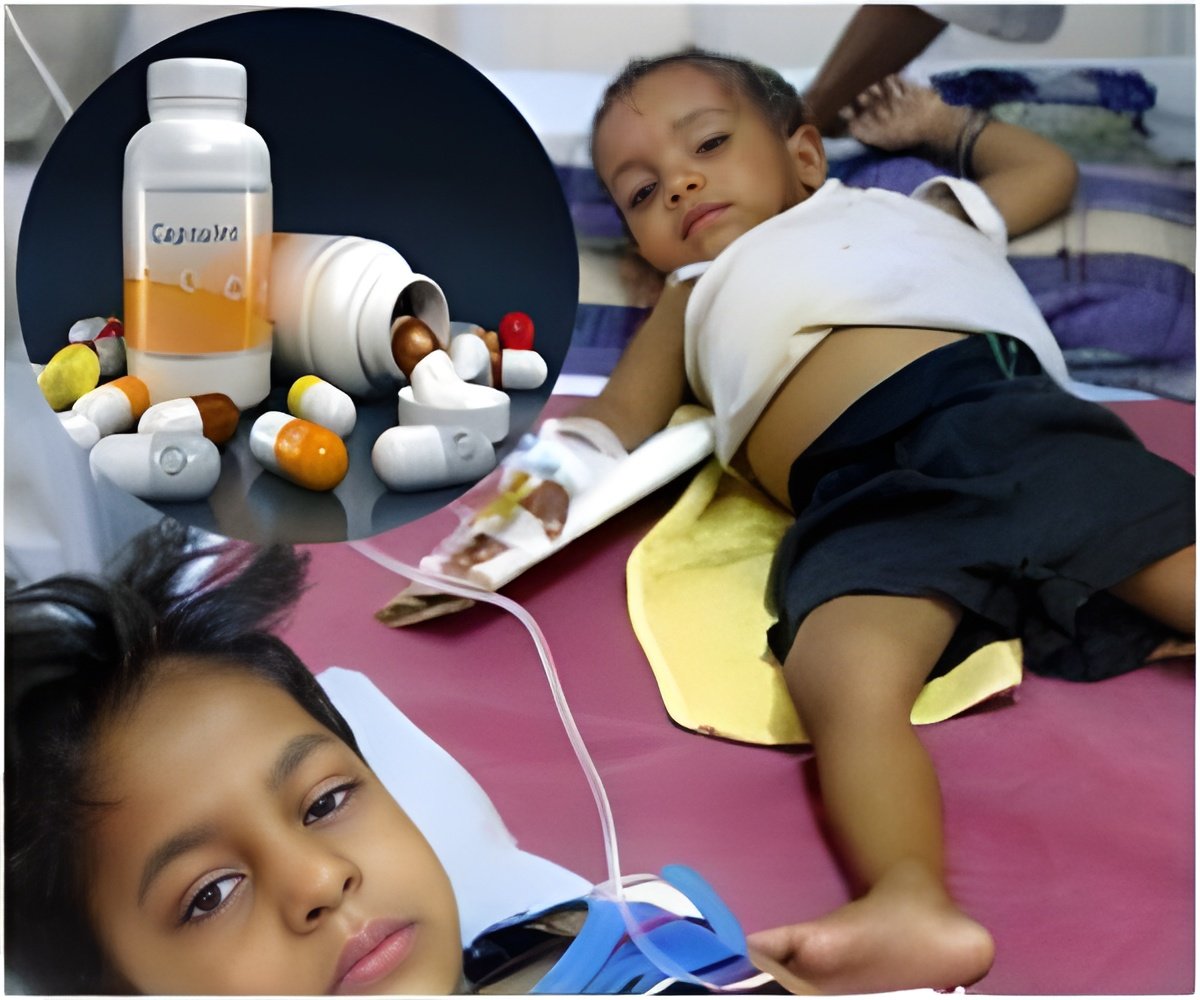The United Nations regularly expresses its commitment to eradicating cholera in Haiti, but it has so far refused to accept responsibility for the outbreak.

The protesters, gathered in front of the main base of the United Nations Stabilization Mission in Haiti (MINUSTAH). They angrily condemned the United Nation's silence regarding its responsibility in the epidemic. Community health worker Jean Emmanuel Larose said, "If the United Nations considered us human beings, there would have been an apology. We were not informed that it was cholera, which is why many of us are dead. It was discovered that it was the MINUSTAH who had not respected us. Their infected Nepalese peacekeepers did their business in our rivers, knowing very well that it was the water we used every day."
Activist Rachele Fondchaine said, "It is a violation of human rights. Some parents are dead and their children are now the responsibility of their uncles or aunts. These cases must be supported and families must be compensated for not only the people who have died but for the ways in which cholera has plunged them into abject poverty."
Erika Guevara Rosas, Amnesty International's Americas Director, said, "The United Nations regularly expresses its commitment to eradicating cholera in Haiti, including through funding sanitation programs in rural areas, but it has so far refused to accept responsibility for the introduction of the disease. The UN cannot wash their hands of the suffering and the pain it caused. Developing general health programs and sanitation campaigns is important, but they are not sufficient."
Families of cholera victims have filed suits against the UN. However, US courts have so far refused to hear those cases, citing the UN's immunity.
Source-AFP









